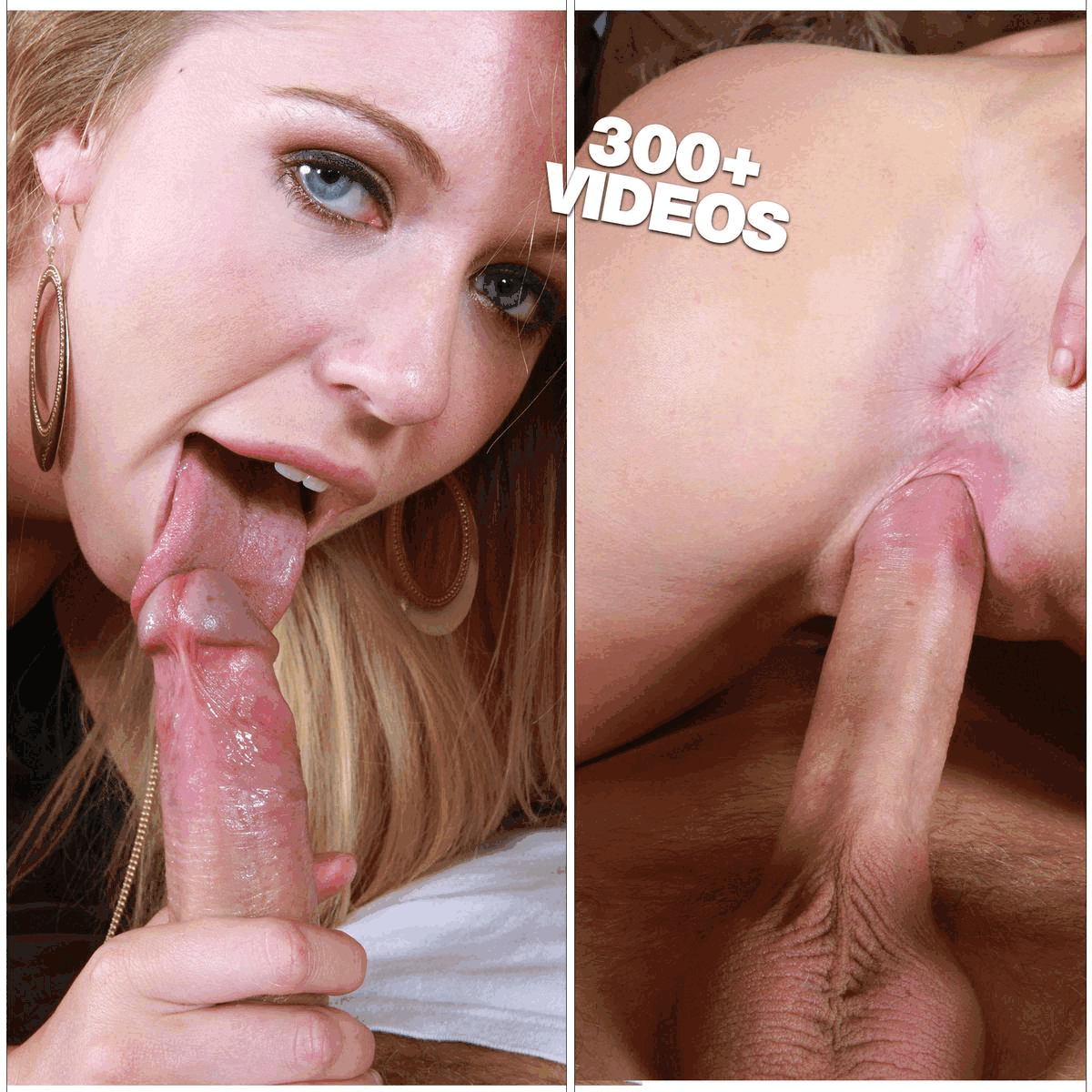Court lays bare problems it found in Pa. dancing law
By MARYCLAIRE DALE,Associated Press
A federal appeals court yesterday struck down a Pennsylvania law on "lewd" behavior at liquor establishments, agreeing with two exotic dancers that the law is too broad and infringes on free speech.
The Pennsylvania Liquor Code statute punishes "a significant amount of protected speech," such as legitimate performances in theaters or comedy clubs where liquor is sold, the 3rd U.S. Circuit Court of Appeals in Philadelphia ruled.
"As for what expression falls within the prohibition on ‘lewd entertainment,’ we, like the plaintiffs, find this to be a difficult question to answer," Judge Julio M. Fuentes wrote.
In a seemingly similar case decided last month, Fuentes upheld a New Jersey law on lewd behavior at liquor establishments, saying it was not unconstitutionally vague.
"I’m happy for the Pennsylvania decision, but I am a little confused about the distinction between the two cases. And I’m hopeful that the court will grant our motion for a rehearing," said First Amendment lawyer Daniel A. Silver, who argued the case for an Atlantic City tavern, Moulin Rouge.
Dancers there were cited for "lewd or immoral activity" for allegedly simulating sexual acts during lap dances. Fuentes refers to the dancers in that case as being topless, although Silver said they were not and has asked for a new hearing in part on those grounds.
The Pennsylvania case involves the operator and two exotic dancers at Club Risque, a nightclub along Columbus Boulevard in Philadelphia.
Although they had never been cited for violating the statute, they sued state police in 2001 to stop them from enforcing it. The statue bans "any lewd, immoral or improper entertainment" at the state’s approximately 15,000 establishments that serve liquor.
The dancers, Gail Baker and Sabrina Barrar, performed wearing only high heels, G-strings and latex pasties, but were not allowed to have direct contact with customers.
A district judge had denied them a preliminary injunction.
Under the Pennsylvania statute, offenders could be convicted of a misdemeanor that carries a $5,000 fine and up to a year imprisonment, along with the loss of the liquor license. However, lawyers for the state argued that the statute has been enforced only through civil penalties.
The Pennsylvania Supreme Court has twice reviewed the law, which was enacted in the early 1950s. The court upheld the statute in 1959, but in December 2002 it said the terms "immoral" and "improper" were unconstitutionally vague but the term "lewd" was appropriate.
John O.J. Shellenberger, the chief deputy Pennsylvania attorney general who argued the Philadelphia case, said he didn’t know how the ruling would affect enforcement of the law.

